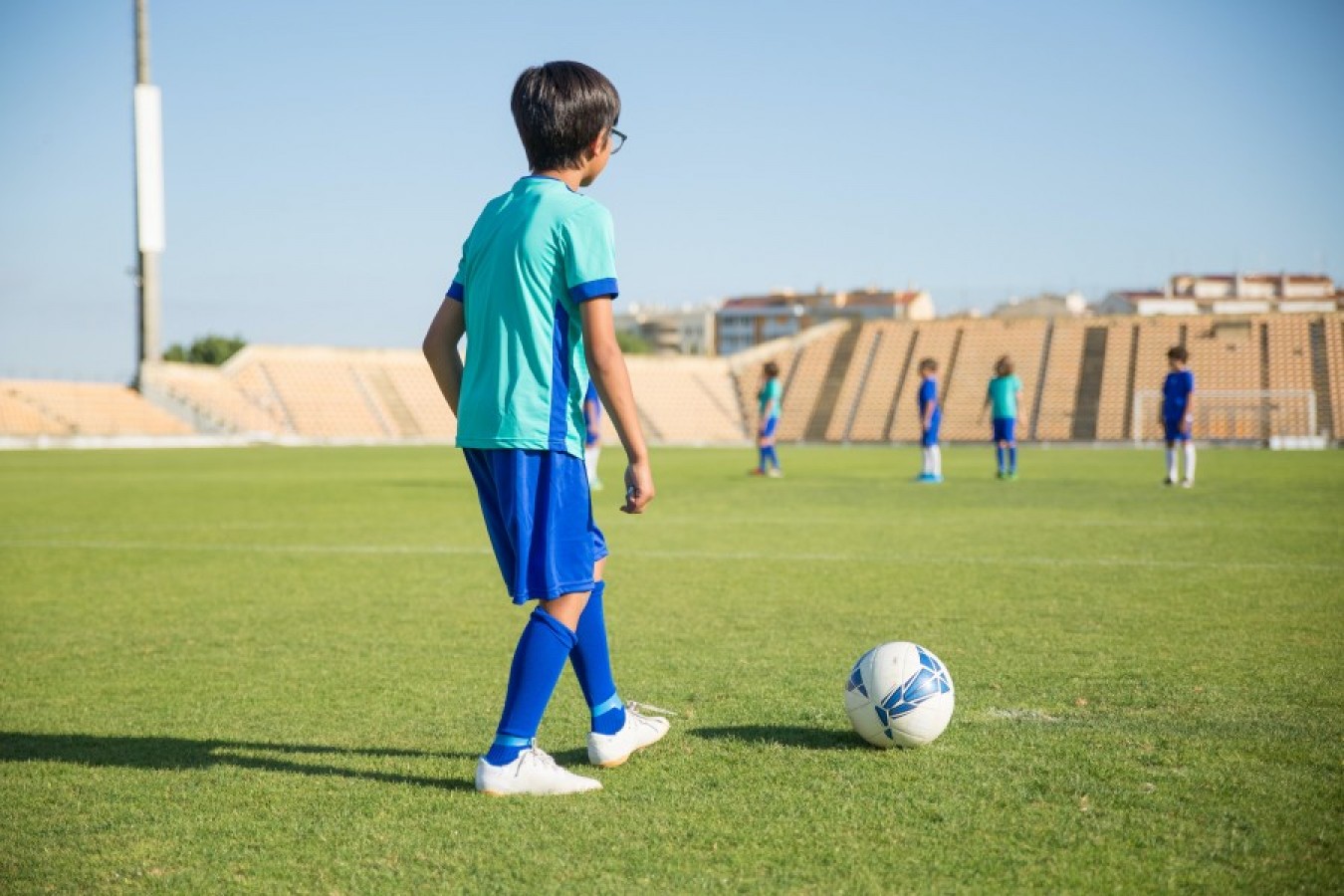Developing Life Skills Through Sports and Its Benefits

In the current fast-paced and competitive world, the significance of developing life skills has never been more crucial. One avenue that stands out in fostering these essential skills is through sports. The journey of developing life skills through sports is a dynamic and transformative process that goes beyond the confines of the playing field.
This article explores the profound impact of engaging in sports activities on personal growth and the multitude of benefits it brings.
What Are Life Skills?
Life skills are a set of abilities that enable individuals to navigate the challenges and complexities of everyday life effectively. These skills encompass a broad range of capabilities that extend beyond academic or technical knowledge.
Life skills are practical, adaptive, and can be applied in various situations, contributing to an individual's overall competence and resilience. Here are five the most common key life skills:
1. Respect
This involves treating others with consideration, valuing diversity, and acknowledging the opinions and boundaries between people.
2. Honesty
It is characterized by truthfulness, integrity, and transparency in communication and actions.
3. Teamwork
These life skills emphasize collaboration, cooperation, and effective communication within a group to achieve common goals.
4. Emotional Regulation
It involves the ability to recognize, understand, and manage one's own emotions in a healthy and constructive manner.
5. Perseverance
This skill centered on maintaining determination, resilience, and commitment in the face of challenges and setbacks.
What Are The Benefits Of Participating In Sport?
Participating in sports offers various benefits that extend far beyond physical activity. Beyond the obvious physical advantages of improved fitness and health, engagement in sports fosters essential life skills. Here are some of the main benefits:
1. Cooperation and Teamwork
Participation in sports instills the value of cooperation and teamwork. Children learn to work harmoniously with their peers towards a common goal. It fosters a sense of unity and shared achievement.
2. Reduced Selfishness
Sports teach children to think beyond individual interests. Through team dynamics, they understand the importance of considering others, promoting a mindset that is less selfish and more attuned to collective success.
3. Improved Communication Skills
Engaging in sports requires effective communication. Children learn to listen to their teammates, follow instructions from coaches, and express their ideas. These enhanced communication skills extend beyond the playing field into everyday interactions.
4. Expanded Social Circle
Sports provide a platform for children to make new friends outside the school setting. The shared experiences of training and competition create lasting bonds, broadening their social circle and exposing them to diverse perspectives.
5. Acceptance of Discipline
Sports often come with rules and regulations that require disciplined adherence. Children have to learn to accept and respect these guidelines. It also fosters a sense of discipline that can positively impact their behavior in various aspects of life.
6. Enhanced Problem-Solving Skills
The challenges presented in sports help children develop effective problem-solving skills since they have to learn the strategy in overcoming obstacles. These skills become transferable to academic and real-life situations.
7. Leadership Skills
Within a sports team, opportunities arise for children to take on leadership roles. Whether as a team captain or a supportive teammate, these experiences foster the development of leadership qualities that extend beyond the sports arena.
8. Increased Physical Fitness
Participation in sports contributes to improved physical health. Regular physical activity helps children maintain a healthy weight, develop strong muscles and bones, and establish habits that support a lifelong commitment to fitness.
9. Enhanced Emotional Wellbeing
Participation in sports has been linked to improved emotional wellbeing in children. Physical activity stimulates the release of endorphins, often referred to as "feel-good" hormones, which can help alleviate stress, anxiety, and promote a positive mood.
10. Increased Confidence
Sports provide a platform for children to set and achieve goals, whether individually or as part of a team. These accomplishments contribute to a sense of competence and self-efficacy, ultimately boosting a child's confidence in their abilities both on and off the playing field.
How Does Sports Enhance Children's Development?
Participation in sports plays a pivotal role in enhancing children's development by offering a multifaceted platform for growth. Beyond the physical benefits, engagement in sports equips children with invaluable life skills that contribute to their overall well-being. Here are how sports can enhance children’s development:
1. Emotional Regulation
Engaging in sports teaches children to manage their emotions effectively. Through wins and losses, they experience the highs and lows of competition, so they can learn to navigate success and disappointment with resilience.
2. Positive Channeling of Emotions
Sports provide a constructive outlet for children to channel negative feelings. Instead of expressing frustration or anger in harmful ways, they can redirect these emotions into the game and foster a healthier emotional release.
3. Patience and Persistence
Children develop patience as they come to understand that skill improvement is a gradual process. The repetitive nature of practice in sports instills the value of persistence, teaching them that consistent effort over time leads to progress.
Ready To Transform Your Life Through Sports?
The benefits of developing life skills through sports are multifaceted and enduring. Encouraging participation in sports is an investment in the overall well-being and development of children. It also prepares them to navigate the complexities of life with confidence and resilience.
At Rockstar Academy, we pride ourselves on being a premier Sports & Performing Arts Academy dedicated to fostering holistic development through a unique blend of education and physical activity. If you're curious about how our programs can benefit your child, don't hesitate to contact Rockstar Academy.
We understand the importance of ensuring the right fit for your child, which is why we offer a free trial at Rockstar Academy. This way, you can experience firsthand the enriching environment and tailored activities that contribute to the overall growth and well-being of your child. Join us in empowering your child to become a true rockstar in life!
FAQ
1. How would playing sports help in developing life skills?
Engaging in sports provides a dynamic platform for honing various life skills. Team sports, for instance, promote teamwork, communication, and cooperation, while individual sports foster discipline, self-motivation, and goal-setting.
2. Why is it important to improve skills in sports?
Improving skills in sports extends beyond athletic prowess. It is crucial for personal growth as it cultivates discipline, perseverance, and a strong work ethic. Moreover, developing skills in sports contributes to enhanced self-esteem and confidence, positively impacting an individual's mental well-being.



